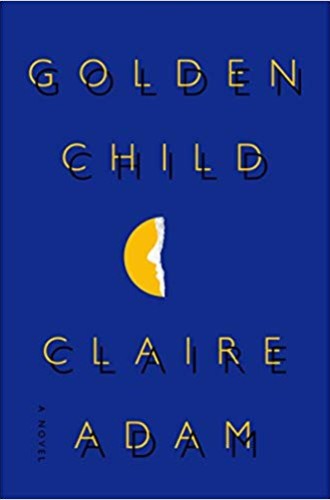A prodigal son story on the island of Trinidad
Claire Adam’s debut novel is animated by a complicated landscape of family.
If your son asks for bread, will you give him a stone? The question assumes the answer, but it haunts us all the same. Claire Adam’s debut novel poses this question within a story of fathers and sons, set against a lush backdrop on the island of Trinidad. She tells the story in three parts over the course of two days, building around flashbacks and shifting points of view. At times it reads like a parable, at other times a thriller.
Clyde is a working man. He keeps watch over his wife and twin teenage sons. He minds his own business, avoiding cards, rum shops, and street corners. He takes pride in a modest home. Fatherhood is a burden, yes, but a necessary one. There are two kinds of fathers, he thinks: those who work hard to provide for their families and those who don’t. He has two kinds of sons, Peter and Paul: one brilliant, the other simple. No in-between.
Within the first few pages, Paul goes missing. Clyde’s own prodigal son confounds his binary thinking as the novel leads us deeper into the search and into the boys’ personalities.






